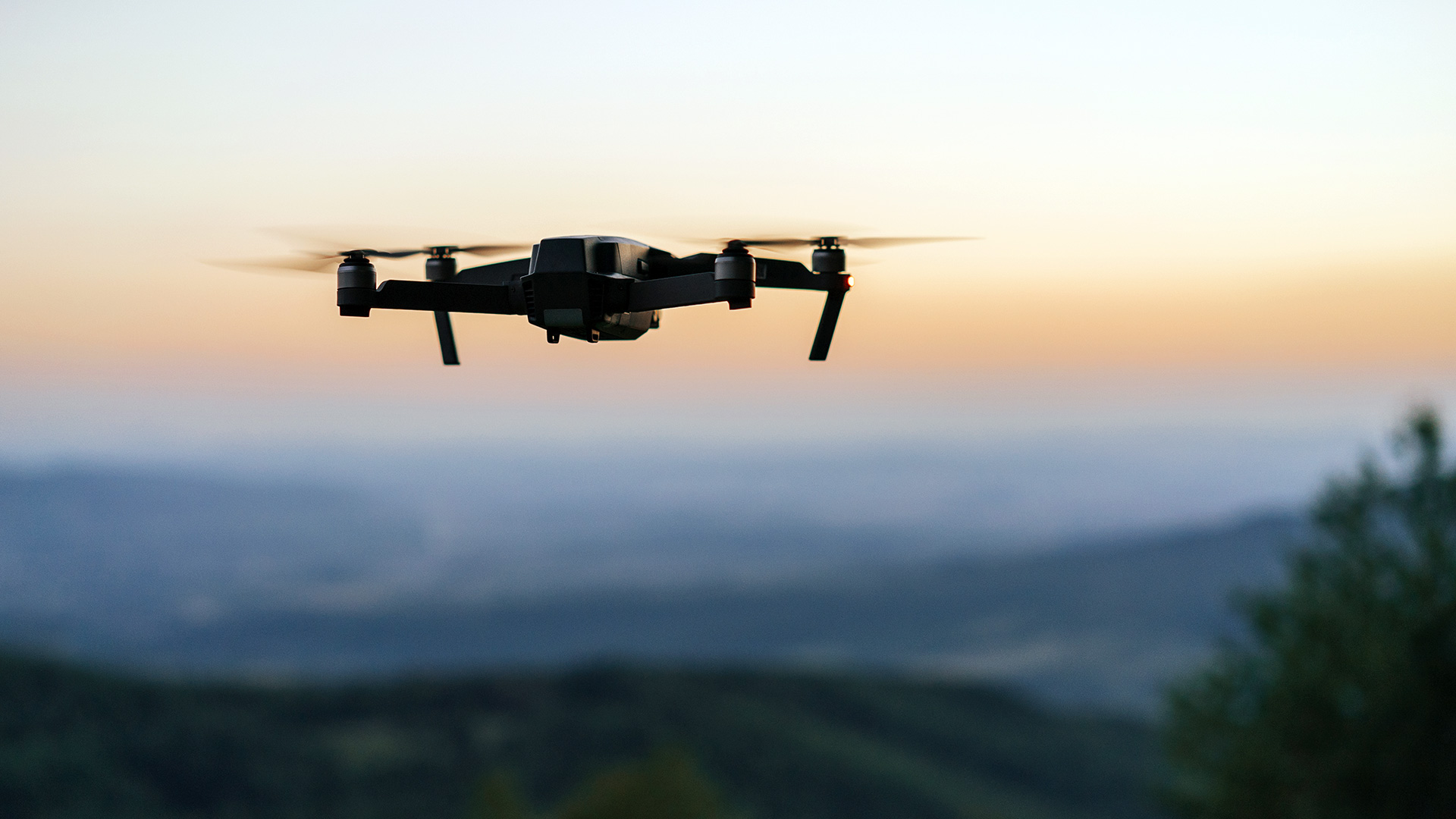
The Baltimore Police Department (BPD) is preparing to release the draft of a new drone policy that would permit the use of drones — or small unmanned aircraft systems (sUAS) — for specific law enforcement operations.
The proposed policy, named Draft Policy 1512: Small Unmanned Aircraft System, aims to leverage the aerial technology to enhance crime scene investigation and surveillance during SWAT missions.
The BPD has since encouraged community feedback on the draft policy, recognizing the importance of public input in shaping their operational guidelines.
Under the proposed policy, the BPD Crime Scene Unit intends to utilize drones for evidence collection at crime scenes.
According to a statement from the BPD, drones can facilitate a more “efficient, cost-effective and safer alternative to documenting scenes, while simultaneously capturing images and aerial documentation that present a true and accurate representation of the scene for investigators and for use in a court of law.”
Officials say the aerial images captured by drones would also provide investigators with accurate representations of crime scenes, aiding their work and potentially serving as evidence in court proceedings.
The draft policy outlines various use cases for drone technology within the department, including scenarios such as barricade situations, hostage rescues, active shooters, high-risk raids and search-and-rescue operations. These applications aim to provide law enforcement officers with safer, more efficient and legally sound methods for information gathering and apprehension of suspects during tactical situations.
To ensure responsible use, pilots operating the drones would be required to complete a preparation course that covers Federal Aviation Administration (FAA) regulations and pass the FAA Unmanned Aircraft General – Small (UAG) exam.
They would also need to attend sUAS remote pilot trainings, which would focus on mastering proper maneuvers, adhering to industry standards, and understanding sUAS policies.
While the Baltimore Police Department is considering the use of drones in their operations, they are not the first law enforcement agency to do so. In 2017, the Los Angeles Police Department approved a controversial drone program, indicating a growing trend in utilizing unmanned aerial vehicles for law enforcement purposes.
In light of the proposed policy, the Baltimore Police Department is actively seeking feedback from the community. Starting from July 6, community members can provide their input on the BPD website regarding the use of drones in law enforcement operations.
Local residents in Baltimore have expressed varying opinions on the matter. Some support the use of drones as efficient crime-solving methods, while others voiced concerns about privacy and potential misuse of the technology.
Trust issues between law enforcement agencies and certain communities have also been raised, given historical instances of targeting vulnerable populations.
“No good. Ain’t going to work, plain and simple. Drugs, thugs, child support and, of course, corruption. It’s just a bad idea, waste of money,” Baltimore resident Tom McGraw told WBALTV.
Critics have also pointed to the Baltimore Police Department’s controversial history regarding the use of surveillance technology, citing a “spy plane” was ruled unconstitutional by a federal appeals court in 2021, as well as their implementation of facial recognition technology in criminal investigations.
According to officials, Draft Policy 1512 was crafted in collaboration with the U.S. Department of Justice and members of the federal consent decree monitoring team to ensure transparency and adherence to legal and ethical standards.
While concerns regarding privacy and oversight exist, the draft policy states that drone usage will be limited to “investigative purposes when the subjects and materials are positioned in places or distanced such that gaining access or capturing the full scope of the scene would be hazardous or impossible for personnel to achieve by foot.”
Additionally, drones will be permitted for circumstances that involve protecting human life, subject to the approval of the police commissioner, except when part of a SWAT mission.
Both the Baltimore police and the American Civil Liberties Union (ACLU) have yet to respond to requests for interviews regarding the proposed drone policy.





